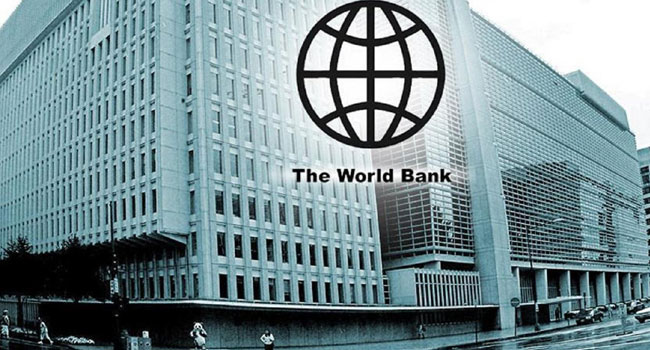The World Bank has said seven states across the North-west and North-east regions of the country may suffer food crises due to high levels of insecurity and armed conflicts that has reduced the standards of living across the region.
In its most recent Food Security report, the bank indicated that a majority of areas in West and Central Africa are expected to remain minimally food insecure until May 2024.
This announcement coincides with government initiatives to cultivate 323,000 hectares of farmland for wheat, rice, maize, and cassava during the 2024 dry season farming.
The states identified by the bank include Borno, Adamawa, Kaduna, Katsina, Yobe, Sokoto, and Zamfara.
It stated, “It is projected that most areas in West and Central Africa will remain minimally food insecure until May 2024, with some being categorised as Stressed IPC 2. Nigeria (far north of Adamawa, Borno, Kaduna, Katsina, Sokoto, Yobe, Zamfara states) will be at crisis food security levels, mostly because of persistent insecurity and armed conflict and deteriorating livelihoods.”
Food inflation has become a persistent challenge confronting numerous governments worldwide, exacerbated by the ongoing conflict between Russia and Ukraine.
In Nigeria, the cost of food items has surged significantly.
The report also underscores the dire circumstances faced by many Nigerian states as food prices continue to soar. According to the latest Consumer Price Index (CPI) report from the National Bureau of Statistics, food inflation has exceeded 33 percent.
In October, the Food and Agricultural Organization issued a warning that approximately 5 million Nigerians are at risk of experiencing hunger in 2024.
The report also indicated that other West African countries, including Burkina Faso, Chad, and Niger, will encounter varying degrees of food insecurity.
It specified that regions within Northeastern states like Abadam, Bama, Guzamala, Marte, among others, are projected to face emergency food security conditions due to limited household food reserves and restricted access to markets and humanitarian assistance.
Furthermore, the report highlighted that more than 63.2 percent of low-income countries have witnessed inflation rates exceeding 5 percent, representing a 1.3 percentage point increase compared to the previous food update on January 17, 2023.
In lower-middle-income nations, 73.9 percent experienced inflation levels surpassing 5 percent, while 48 percent of upper-middle-income countries maintained similar percentages as the last update, showing no changes.
The World Bank observed that in high-income countries, over 44.4 percent reported food inflation levels exceeding 5 percent, marking a 1.9 percent decrease compared to the previous food update.
Furthermore, the report indicated that in real terms, food price inflation surpassed overall inflation in 71 percent of the 165 countries with available data.
The United Nations’ Africa Regional Overview of Food Security and Nutrition reported that since the onset of the COVID-19 pandemic in 2020, approximately 78 percent of Africans have been unable to afford a nutritious diet.
In July, President Bola Tinubu declared a state of emergency regarding food insecurity in the country and escalated the matter to the National Security Council. However, this action has yielded little to no impact as food prices continue to surge.
On Monday, protests erupted in Niger state due to escalating food prices and widespread hunger across the region.



